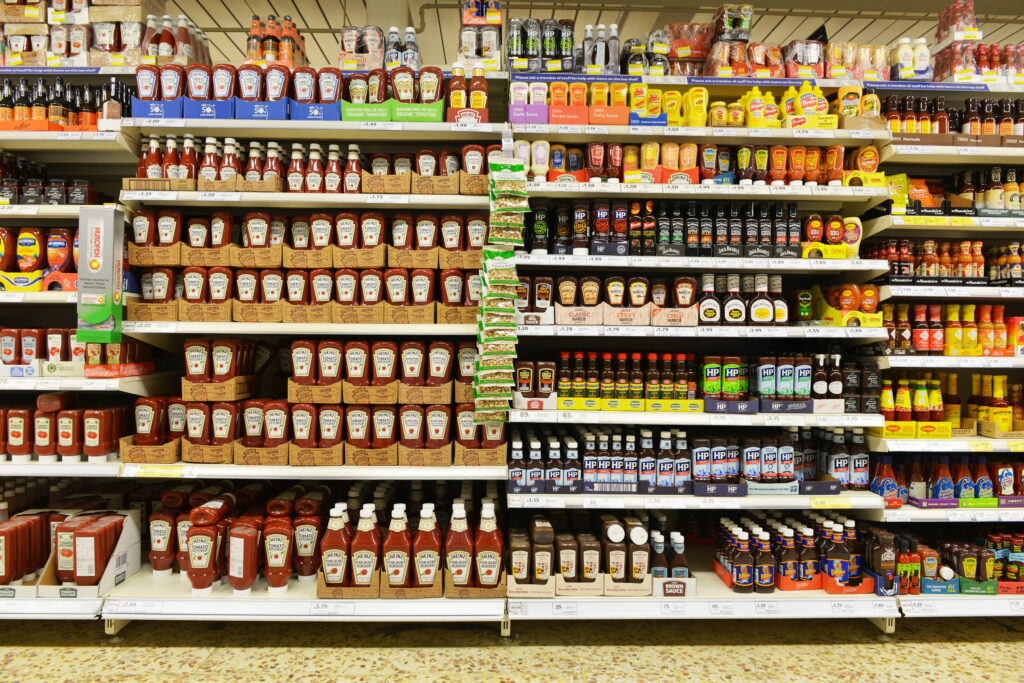Here, Mr Baxi channels some of the 30 years experience he has gained trading waste around the world, in which time he founded J&H Sales (International) Ltd – a firm which exports recovered secondary fibre for recycling from the US and Europe to the Indian sub-continent and the Far East.

In the book, he discusses the challenges facing the recycling industry on the world stage – with the author focusing on the problems caused by illegal shipments and the need to treat other nations as partners as well as customers.
The book is complemented with a number of additional contributions from experts, including BIR as well as international trade bodies including the Institute of Scrap Recycling Industries and the Voice of Recycling in the USA.
According to Mr Baxi, this need to partner with other nations is made all the more urgent by the rate at which many countries are demanding a higher standard of living, with a growing population that needs to consume more and more materials. And, as China and India become pickier about what recycled materials they accept, so too the quality of the output produced in Western countries must improve to deliver a wider range of end markets.
While the book is neither an endorsement nor rejection of commingled, single-stream recycling Mr Baxi does make clear that there should be more emphasis on quality over quantity, and rallies against dirty materials recycling facilities that produce too much contamination. As a solution, he believes there should be more investment in advanced sorting facilities, which can deliver the quality of recycled material which will lead to further opportunities in remanufacturing.
Chapters
In the chapter Myths, misunderstanding, and mistaken targets he goes on to debunk concerns surrounding new energy-from-waste plants in comparison to older coal-fired incinerators, and discusses the trend across Europe to begin shutting landfill sites down a process that is slowly but surely becoming a reality in the UK.
And, in Waste Stream Mr Baxi provides informative and concise backgrounds of materials currently recycled in the UK and internationally, including plastics, glass, textiles, non-ferrous and ferrous metals and paper.
Next is a breakdown of how the collection and trading of these materials impact on individual global regions from the Caribbean and Latin America to the Middle East, Africa and Asia. One of the dominant issues facing Africa is the prevalence of waste electrical and electronic equipment (WEEE) and a surge in mobile phone purchases across the continent, where not so long ago a daily meal would have been a priority.
‘Unpopular’
He writes: It may be an unpopular suggestion, but rather than spending so much money on combating climate change part of global international aid should be focused on waste recovery in African countries where we can promote this industry and bring it to a sustainable level to the point where they can be equal partners in providing usable raw material for the planet.
He adds: By recycling we are reducing the emission of greenhouse gases which we know has a direct effect on the climate. I would say recycling must be given a higher priority because by promoting recycling we are, for example, saving the forest and reducing carbon emissions two important elements affecting climate change.
Summing up his conclusions, Mr Baxi argues there needs to be more communication at every step of the recycling process, from the householders who are told to collect and sort waste with little understanding of where the recycling ends up, to the remanufacturers who will only invest in new products if the quality is there which is often not the case.
Mr Baxi makes a point that to emphasise that the community and the recycling companies are partners in the enterprise and that businesses might consider putting something back into the communities from which they profit a message that will undoubtedly strike a chord with council taxpayers in the UK.
Future
In summary, Mr Baxi believes that education should be first and always if capture rates are to increase on an international scale.
Recycling our Future: A Global Strategy
ISBN: 978-184995-138-8
Published by Whittles Publishing, Dunbeath, Scotland
He writes: What does the future hold for our industry? In the upper tier of the metal business because they are high value items there will be an ongoing demand as infrastructure is developing worldwide. So the need for steel and non-ferrous metals will be quite dominant over the next 25 years.
As for the middle tier of paper and plastics we are seeing very clearly a two-pronged approach: we will only recycle those products if they are making money for us, if they are not we will use refuse-derived fuel or waste-to-energy options.
Recycling Our Future is an instructive and succinct piece of opinion writing that succeeds in breaking down a highly complex industry for the layman. However, with exports of waste and RDF still growing and debates over quality in the spotlight, professionals already well accustomed with the current trends in global recycling will also find this book offers a refreshing perspective on subjects that continue to evolve.








Subscribe for free